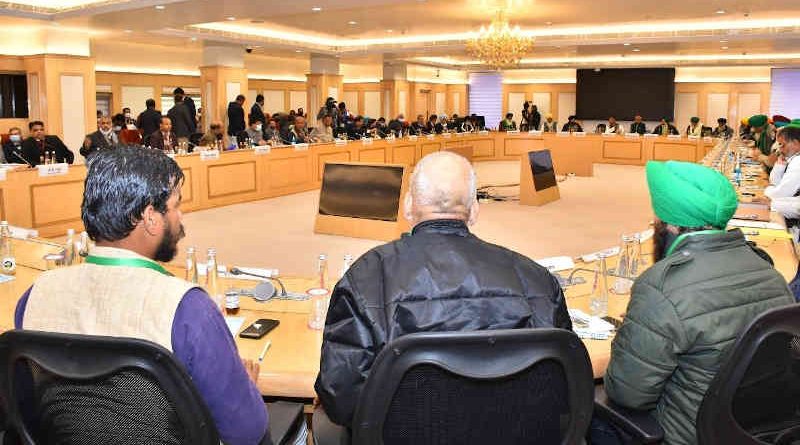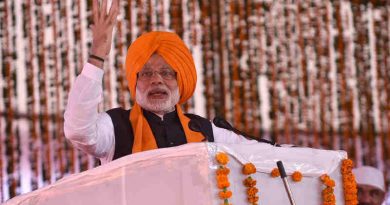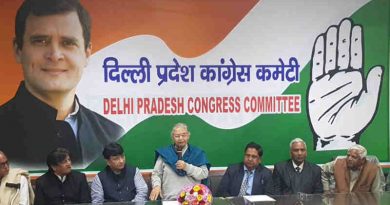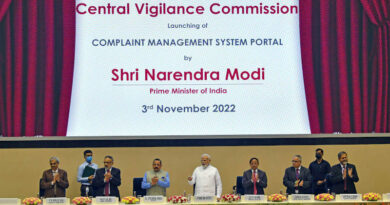Under WTO Pressure on Subsidies, India May Not Provide MSP to Farmers
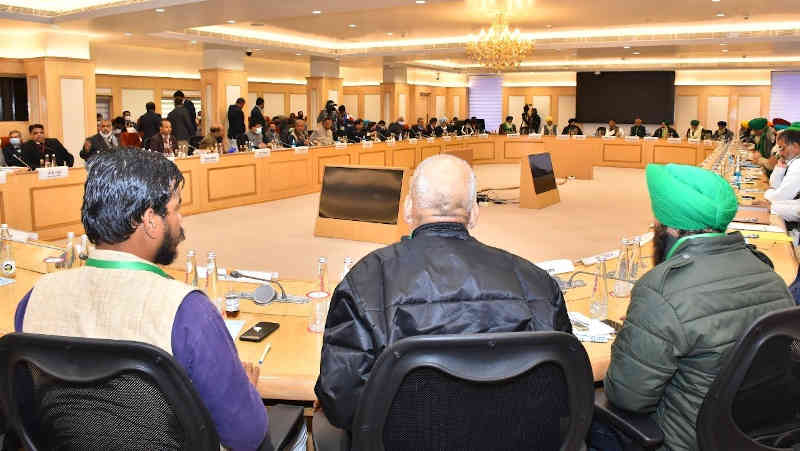
Under WTO Pressure on Subsidies, India May Not Provide MSP to Farmers
The issue of Indian farm subsidies is expected to be debated at the upcoming WTO ministerial conference (February 26 – 29) in Abu Dhabi.
By Rakesh Raman
One of the main demands in the ongoing Indian farmers’ protest is that the government should provide a legal guarantee of minimum support price (MSP) on 23 crops.
Although there are many other demands including withdrawal of police cases against farmers, waiving of farmers’ loans, the implementation of the Swaminathan Commission’s recommendations on crop prices, pension for farmers and farm labourers, the farm leaders particularly want legal guarantee on MSP.
However, the government of prime minister (PM) Narendra Modi is not willing to commit anything on MSP. Besides the ongoing protest, the farm organizations – particularly from Punjab and Haryana – had led a massive year-long protest in 2020-21 around Delhi to get MSP.
However, the Modi government did not accept farmers’ MSP proposal. The main reason for the government’s reluctance is pressure from the World Trade Organization (WTO), which is an intergovernmental organization.
Headquartered in Geneva, Switzerland, WTO with a membership of 164 countries regulates and facilitates international trade in cooperation with the United Nations (UN) System. Since India has been a WTO member since 1995, it cannot afford to defy WTO regulations.
WTO is forcing India to limit its ongoing subsidies including market price support to farmers so that an equitable international agriculture trade regime could be established. The WTO objective is to encourage free trade without any trade protection in any country.
Despite India’s assurance to WTO that it will reduce its subsidy support to 10% of crop value, it is reported that the country continues to grant huge subsidies of 81% for wheat and 94% for rice – which gives an undue advantage to Indian farmers in the export markets.
While the protesting Indian farmers expect more subsidies in the form of MSP for more crops, WTO asserts that the subsidy to Indian farmers must be stopped because it hurts the trade interests of other countries.
According to a February 15 report in The Indian Express, a group of 19 agriculture exporting countries – called the Cairns Group – claims that India’s public stockholding (PSH) programme is highly subsidized and the current support that India gives to farmers is “distorting” global food prices and “hurting” food security of other countries.
The influential Cairns Group — comprising Australia, Brazil, Canada, South Africa among others members — has put pressure on WTO to restrict Indian farm subsidies to create a level-playing field for other agri export nations.
That is among the reasons that India cannot give any MSP guarantee to the farmers. The issue of Indian farm subsidies is expected to be debated at the upcoming WTO ministerial conference (February 26 – 29) in Abu Dhabi. However, it is unlikely that India will be allowed to provide any more subsidies to farmers.
On the contrary, in order to protect its trade and political interests, India might agree to curtail the subsidies that it is already giving to farmers. In other words, the protesting farmers should not expect any MSP legal guarantee. Rather, they should get ready to forgo the subsidies or MSP that they are currently enjoying.
By Rakesh Raman, who is a national award-winning journalist and social activist. He is the founder of the humanitarian organization RMN Foundation which is working in diverse areas to help the disadvantaged and distressed people in the society.
💛 Support Independent Journalism
If you find RMN News useful, please consider supporting us.

